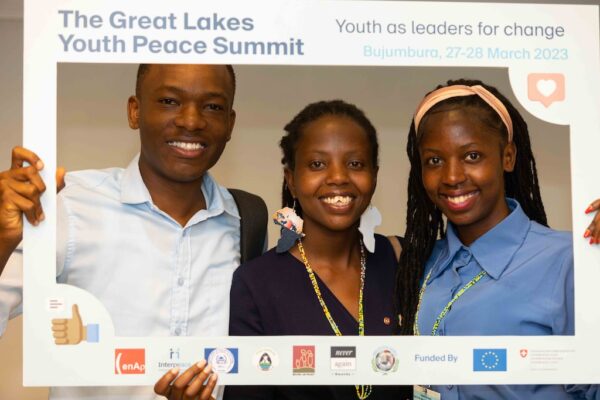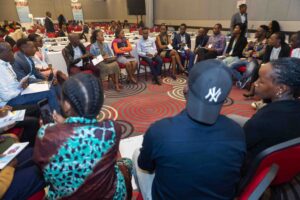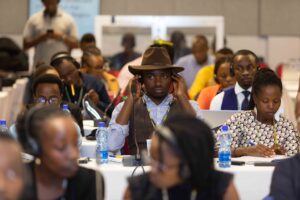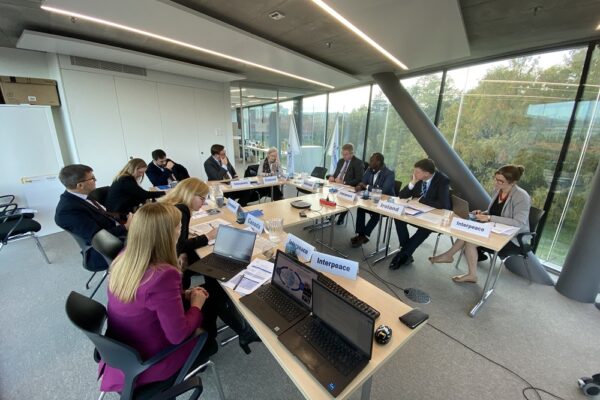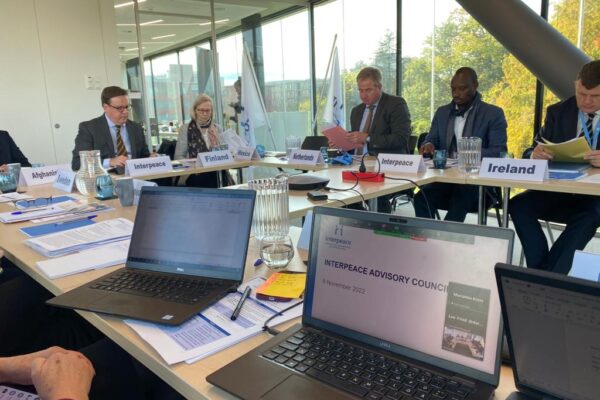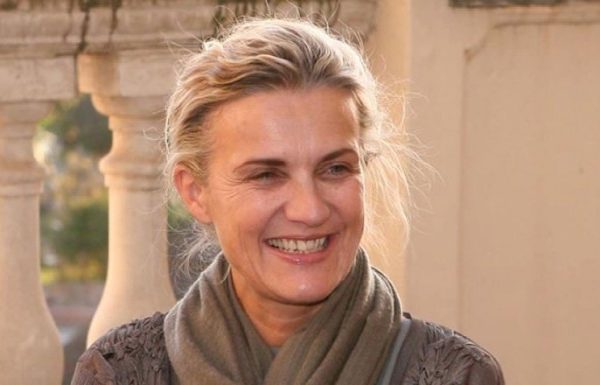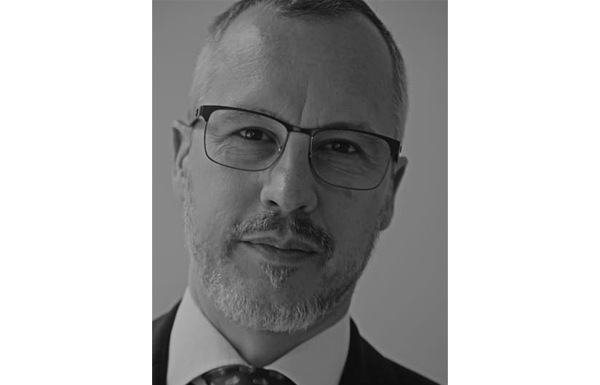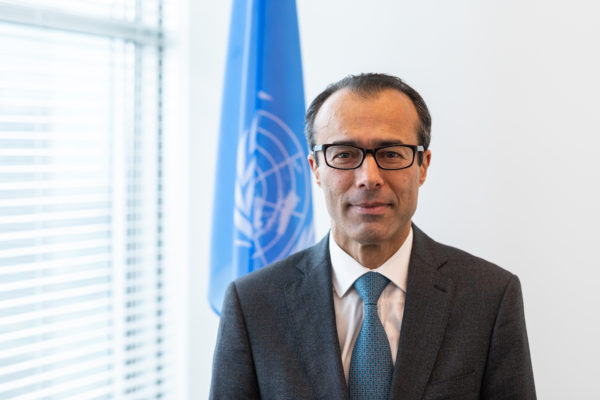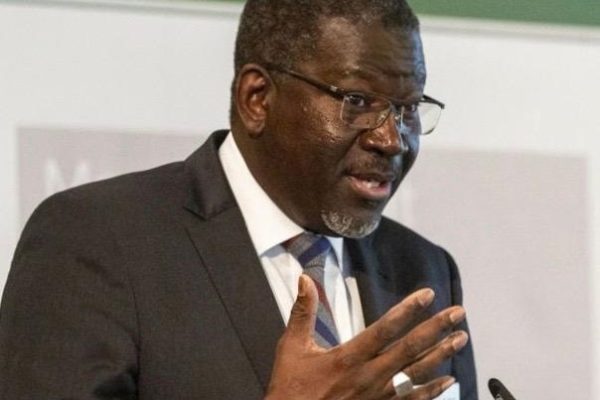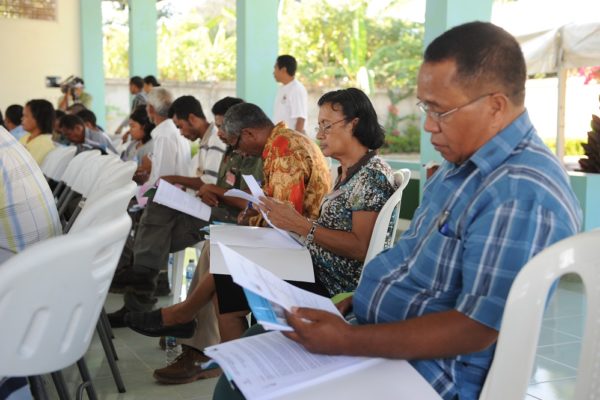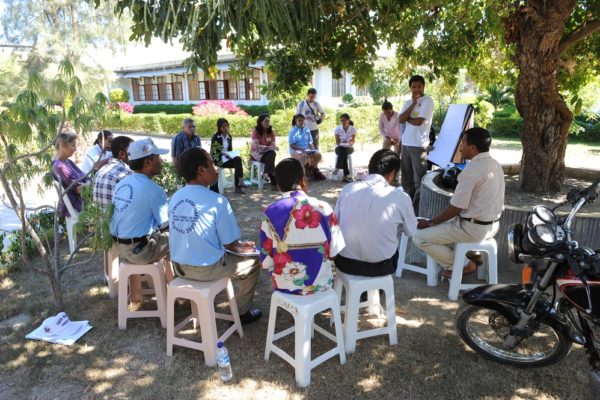Youth Summit – Great Lakes youth advocate for inclusive leadership and active participation in peacebuilding
In the heart of the Great Lakes region, the youth population of Burundi, Rwanda, the Democratic Republic of Congo (DRC), and Uganda are stepping up to ask for a seat at the table in rebuilding their nations after years of conflict. With unwavering determination, they are demanding inclusive leadership and active participation in peacebuilding.
The Great Lakes Youth Peace (GLYP) Summit, organised by Interpeace and its partner organisations, the Centre d’Alerte et de Prévention des Conflits (Burundi), Action pour la Paix Concorde (DRC), Pole Institute (DRC), Refugee Law Project (Uganda), Never Again Rwanda (Rwanda), and Vision Jeunesse Nouvelle (Rwanda), provided a platform for young people to have their voices to be heard and united as future leaders in their quest for peace and development. The summit is part of the Great Lakes YouthLab initiative supported by the European Union and the Swiss Development Cooperation, which aims to promote a culture of peace and responsible citizenship among young people in the Great Lakes region.
Despite facing challenges such as unemployment, poverty, and limited access to education, the youth refuse to be defined by their hardships. At the summit, participants identified common obstacles and made recommendations to decision-makers. They emphasised the need for purposeful budget allocations to empower the youth through programmes such as skills training, mentorship, and entrepreneurship support.
Education took centre stage, with calls for increased support for skills training programmes. Gender equity was also highlighted, urging the inclusion of young women in decision-making processes and economic activities. The GLYP Summit showcased the transformative power of youth engagement through the inaugural Great Lakes Youth Talks. These conversations demonstrated that the youth are not merely seeking to be heard but are actively driving positive change in their communities.
The impact of the summit goes beyond its recommendations. It paves the way for greater youth participation in governance, peacebuilding, and development initiatives. Decision-makers, civil society organisations, and regional stakeholders are beginning to recognise and appreciate the power of youth voices. By embracing their ideas, providing resources, and fostering an inclusive environment, the Great Lakes region can harness the potential of its young generation and transform its trajectory.
As momentum grows, the world must actively involve and support the youth in their efforts. The journey towards sustainable peace and development requires the contributions of all stakeholders, with the youth at the forefront. Together, they can build a region where opportunities abound, wounds of conflict heal, and the dreams and aspirations of the youth are realised. The Great Lakes youth are ready to make their mark, and political and civil society leaders are beginning to recognise their power.
